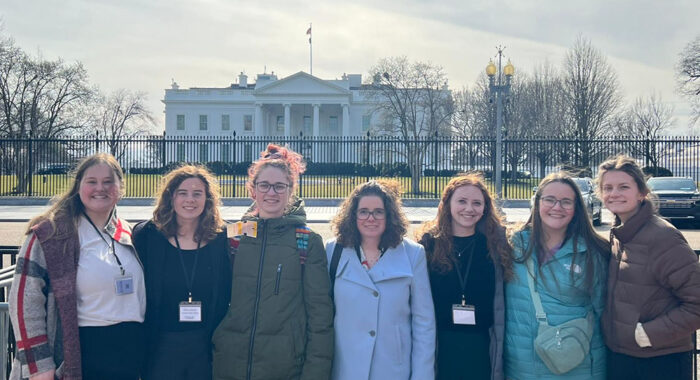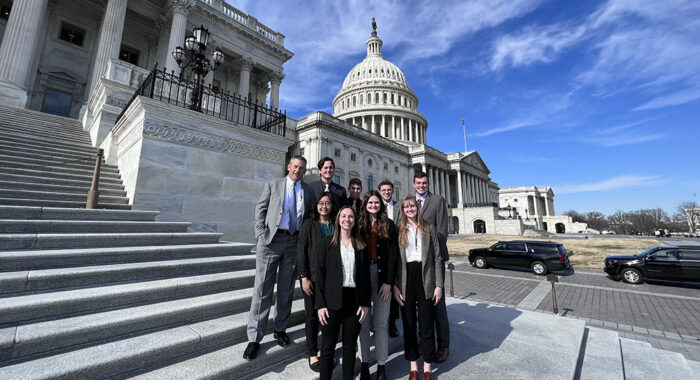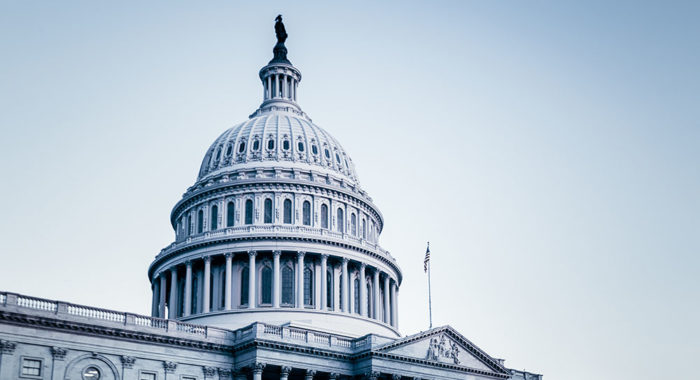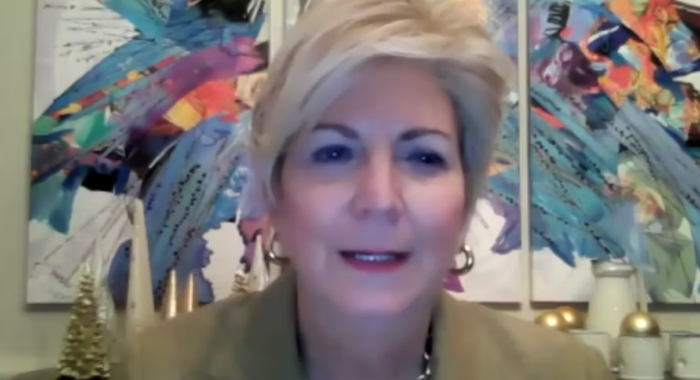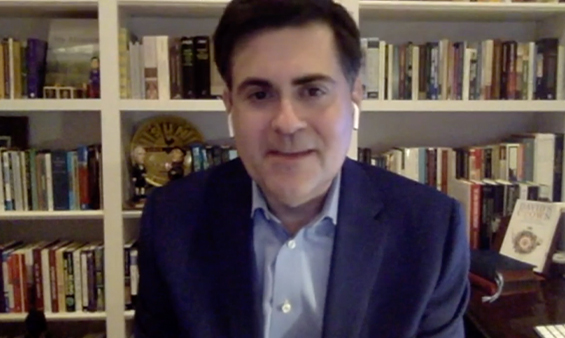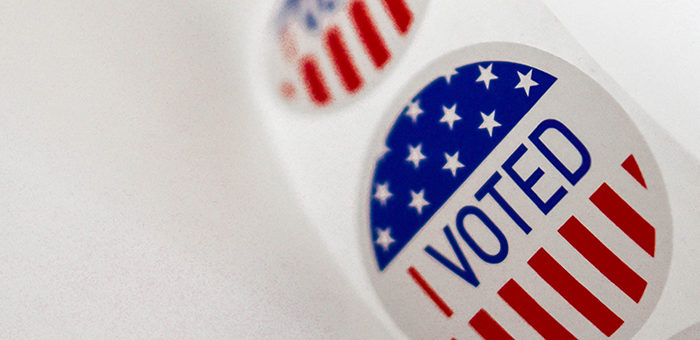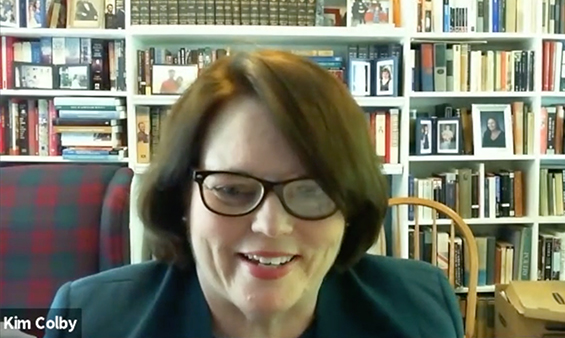WHEREAS the federal Welfare Reform Act adopted in August 1996 had a provision known as charitable choice, which began in earnest the faith-based initiative signaling the potentiality for greater involvement of religious organizations in the delivery of social services with the assistance of federal financial funding; and
WHEREAS charitable choice was added to the Community Services Block Grant Act in 1998 and to programs under the Substance Abuse and Mental Health Administration in 2000; and
WHEREAS in January 2001 the President signed Executive Orders 13198 and 13199 creating the White House Office of Faith-Based and Community Initiatives, as well as centers in the departments of Justice, Labor, Housing and Urban Development, Health and Human Services, and Education, to advance and coordinate the faith-based initiative; and
WHEREAS in August 2001 the White House published a report showing that audits in these five departmental centers had found wide-spread and longstanding discrimination against, and the unequal participation of, faith-based charitable providers in federal social service programs; and
WHEREAS on December 12, 2002, the President signed Executive Order 13279 directing all federal executive departments and agencies to ensure, to the extent permitted by law, equal treatment in eligibility for, and the administration of, federal social service programs, as well as nondiscrimination in those programs administered by state and local governments using federal funding; and
WHEREAS in December 2002 the Department of Health and Human Services and the Department of Housing and Urban Development published proposed regulations which, when promulgated in final form, will be most helpful in guiding both regulators and faith-based providers concerning their responsibilities and rights when participating in federal and federally funded social service programs; and
WHEREAS there are Scriptural[1] warrants for the instituting of civil government and for the ordaining of the Church, that each has its distinct sphere of operation, and that each operates to its benefit and that of the other when the jurisdiction of civil government does not overreach and interfere with matters of governance and administration within the Church; NOW THEREFORE
BE IT RESOLVED that the federal government’s ending of discrimination on account of religion, and the extension of expressed legal guarantees of equal treatment to faith-based social service providers, is long overdue and gratefully welcomed; and
RESOLVED that such equal-treatment without being accompanied by expressed legal guarantees of autonomy concerning the operation of a religious organization’s governance and internal administration is a false and dangerous promise for faith-based social service providers, for without such guarantee of autonomy a faith-based provider may well find its institutional integrity undermined by invasive and unnecessary government regulation; and
RESOLVED that one of the most important safeguards concerning a religious organization=s governance and internal administration, and hence its institutional integrity, is that the organization retain its right to staff on the basis of religion, and this notwithstanding federal, state, or local employment laws; and
RESOLVED that the National Association of Evangelicals opposes all legislative, regulatory, and judicial efforts on behalf of the faith-based initiative, federal[2] and state, where guarantees of religious autonomy, including religious staffing rights, are not an expressed part of the effort; and
RESOLVED that as a result of the recent decision in Zelman v. Simmons-Harris, 122 S. Ct. 2460 (2002) (confirming the constitutionality of vouchers for parents of students enrolled in religious primary and secondary schools), indirect funding of social service providers, including faith-based providers, holds much promise as a means of governmental assistance that carries with it the least impact on the design of a provider’s program, and thus such indirect means of funding ought to be vigorously pursued by federal and state authorities.
[1] See, e.g., Matthew 22:15-22; Romans 13:1-7; I Peter 2:13-17.
[2] Consider, e.g., the Citizens Service Act, H.R. 4854 in the 107th Cong., and the CARE Act, S. 272, pending in the 108th Congress.



 View All Updates
View All Updates 










